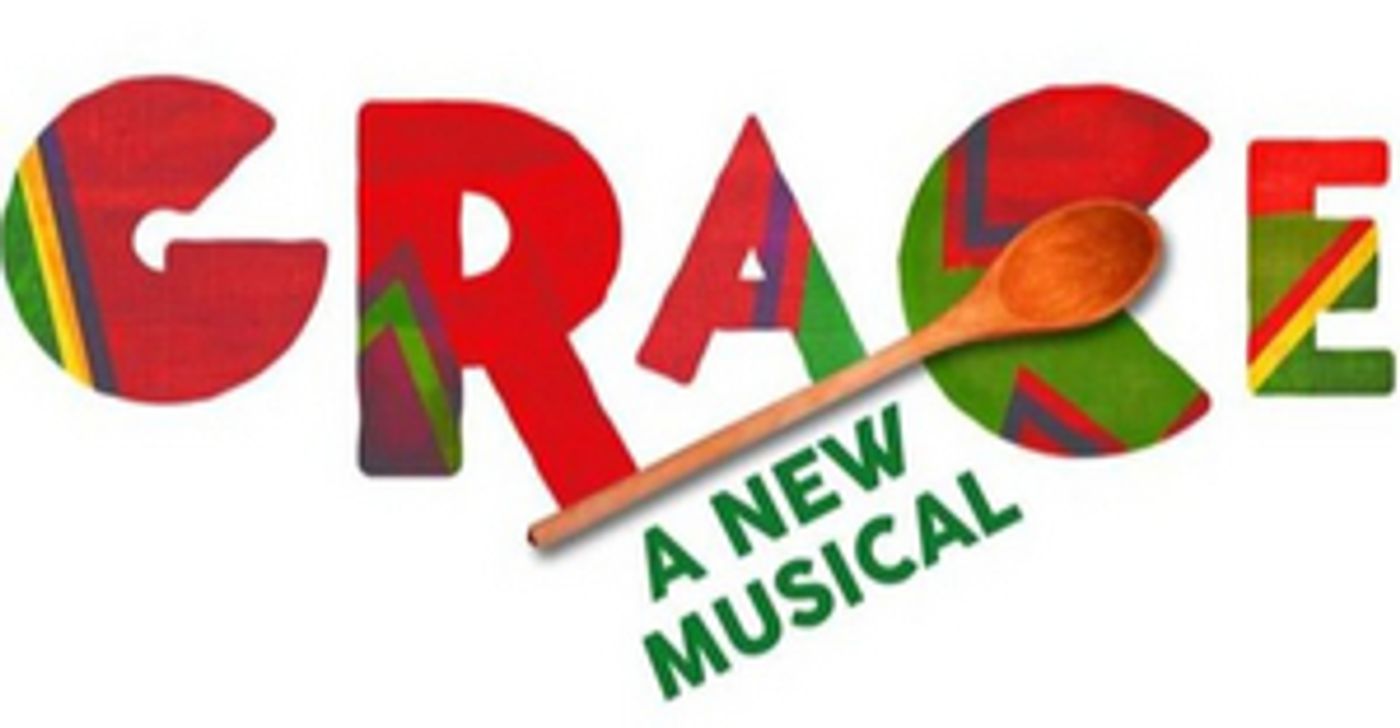NRAEF & New Musical GRACE Partner to Celebrate Traditions of Black-Owned Restaurants
GRACE is a rich musical feast seasoned with the vibrant traditions of African American history.

The National Restaurant Association Educational Foundation (NRAEF) today announced its support for the new musical GRACE, which is playing its world premiere engagement at the historic Ford's Theatre in Washington, D.C., and runs through May 14. Tickets may be purchased here.
Partnering with Edgewood and NEWorks Productions, the NRAEF joins other "Friends of GRACE," including food stars who share the Foundation's support for Black-owned restaurants and businesses, such as Carla Hall, GRACE Culinary Ambassador, and Sheila C. Johnson, GRACE Hospitality Ambassador. GRACE captures a milestone day in the life of the "Mintons," a Philadelphia-based family with a long connection with African American culinary traditions, particularly through their century-old restaurant, "Minton's Place." With music by acclaimed American composer Nolan Williams, Jr., book by Williams and award-winning playwright Nikkole Salter, and direction and choreography by Robert Barry Fleming, GRACE is a rich musical feast seasoned with the vibrant traditions of African American history."We are excited to partner with 'GRACE,' which gives us a unique opportunity to tell the rich and often untold stories behind African American restaurants and culinary traditions," said Rob Gifford, president of the NRAEF. "For more than 30 years, we have offered a variety of programs, training and pathways to people from all backgrounds seeking a successful future in our industry."
BACKGROUND
American food traditions and its food establishments are rooted in Black food traditions that began with enslavement. In his seminal study, THE PHILADELPHIA NEGRO (1899), W.E.B. DuBois reported, "The whole catering business, arising from an evolution shrewdly, persistently and tastefully directed, transformed the Negro cook and waiter into the public caterer and restaurateur, and raised a crowd of underpaid menials to become a set of self-reliant, original businessmen, who amassed fortunes for themselves and won general respect for their people."
Videos

